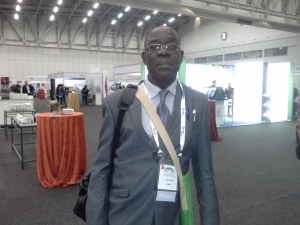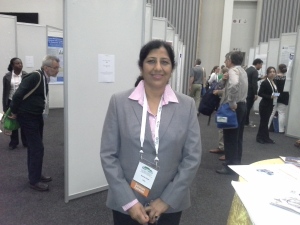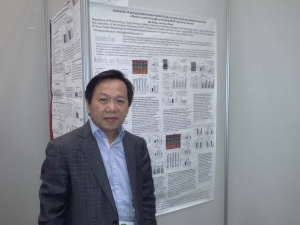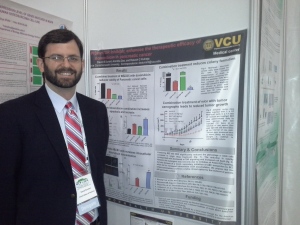In her Budget speech to Parliament next week, Naledi Pandor, Minister of Science and Technology, will be announcing substantial funding for additional scientific research chairs at South African universities, to be released over the next three years.
Speaking at the World Congress of Pharmacology, currently underway in Cape Town, the minister said that it was “time that countries in Africa moved from being someone’s client, to being producers of products”.
“We want to develop commercial products that will address the burden of disease on the continent,” she said. “We have to find our own solutions.”
Pandor said that 157 chairs had already been awarded, and the results had been clear, both in the rapid increase in successful post-graduate students and in the meaningful research that was being produced in South Africa’s universities and research laboratories.
“We know that we have examples of research excellence in South Africa and we also have many significant problems. Our aim as government is to draw the two together, to good effect,” she said.
The minister reiterated that South Africa sees its role as a research leader on the African continent. “Our development will always be accompanied by further steps to ensure that the entire continent advances at the same time.”
Pandor praised the country’s research community for its strong commitment to both basic and clinical science. “We are seeing encouraging moves in translational research where findings from basic science move into practical applications which, in turn, have an impact on the health of our people. This gives us a major competitive advantage.”
Pandor was also encouraged by the increase in clinical testing in South Africa. She pointed to the growing need for antiretrovirals and the planned facility for the local development of active ingredients for ARV treatment. We are making great strides in the treatment of HIV and TB, but Pandor called for more development.
“We are determined to be world leaders,” she said. “Our aim is to provide solutions to the 44 neglected diseases that ravage the African continent.”
Conferences such as WCP2014 were of vital importance, she said, for “the development of the strong and vibrant pharmacology profession we need so vitally for the health of the African continent.”





